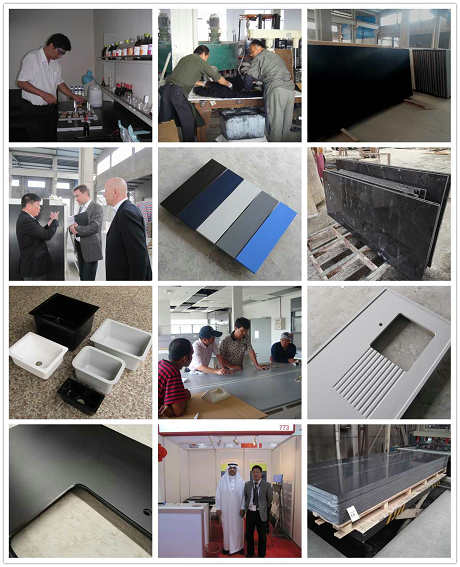Epoxy lab countertops
Epoxy lab countertops are ideal for scientific settings, blending durability and functionality. Notably, they resist harsh chemicals, acids, and solvents—critical for chemistry, biology, and research labs—preventing staining or degradation. Additionally, with a seamless, non-porous surface, they eliminate bacteria buildup and are easy to wipe clean, meeting sterile lab standards. Furthermore, they are highly impact-resistant, withstanding heavy equipment, dropped tools, and daily wear. Moreover, available in customizable colors and finishes, they suit diverse lab designs while maintaining structural integrity. Nevertheless, despite their robustness, they offer long-term reliability, reducing replacement costs. Ultimately, perfect for high-traffic labs, they balance performance and practicality, making them a top choice for professional scientific environments.
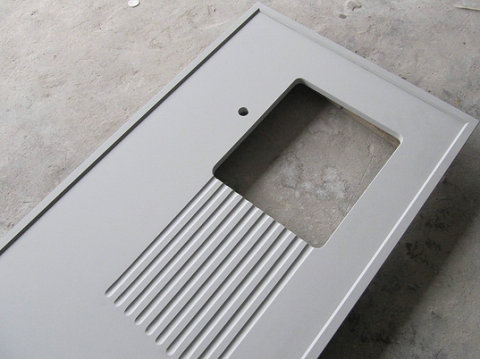
Feature
Epoxy lab countertops boast strong resistance to chemical corrosion just as strong acids, alkalis, organic solvents and features seamless splicing for leak-proof performance. Scratch and wear resistant, it’s easy to clean and disinfect, meeting lab operation needs with high stability and a long service life.
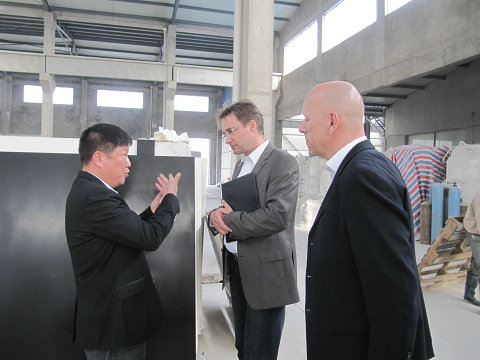
Epoxy lab countertops Acid resistance
The core principle of strong acid resistance lies in the synergy between molecular structure and curing process. Epoxy resin molecules form a dense three-dimensional network structure through crosslinking with curing agents. Chemical bonds such as C-C and C-O have high bond energy, making them resistant to cleavage by proton attack from strong acids.
After curing, the surface is pore-free and free of active groups, preventing strong acids from penetrating the substrate or triggering chemical reactions that cause swelling, corrosion, or discoloration. The curing process also eliminates acid-sensitive active sites, further enhancing acid resistance stability. The countertop maintains structural integrity even after long-term exposure to strong acids.
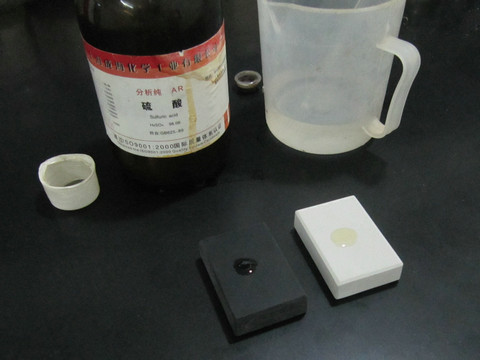
Scratch Resistance
Our epoxy lab countertops for laboratories excel in scratch resistance, suitable for high-frequency experimental operations. After curing, they form a dense surface with high hardness, reaching Mohs hardness 6-7, density 2.35 which can resist daily friction from glass rods, metal tools.
Minor scratches are not easy to remain and can be cleaned easily, without affecting the countertop’s flatness or functionality. It maintains a intact surface even after long-term use, effectively extending service life and ensuring smooth experimental operations.
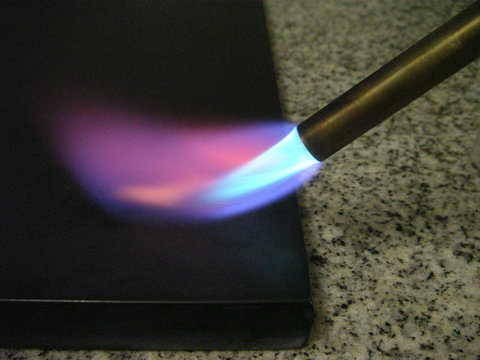
Repairability
The repairability of our epoxy lab countertops is outstanding, adapting to daily wear in experimental scenarios. For small scratches, local abrasions and other damages, special repair agents can realize quick repairs with simple operations and no complex tools required.
After repair, the surface seamlessly integrates with the original countertop, maintaining the original flatness, chemical resistance and scratch resistance without affecting subsequent experimental use. It also significantly reduces replacement costs and extends the overall service life of the countertop.

About us
We are a epoxy lab countertops manufactoriers from China,specializing in corrosion-resistant solutions for laboratory worktops and providing high-quality laboratory worktops to global laboratory furniture clients.

Our products are manufactured with professional formulation processes, offering excellent resistance to acid, alkali, impact, and high temperatures. Certified to international standards, they are reliably applied in professional laboratory scenarios such as biochemistry, chemical analysis, pharmaceutical R&D, university research, and food testing. Backed by a mature supply chain system and large-scale production capabilities, we ensure both product quality and competitive cost-effectiveness, gaining wide recognition in global markets. From customized size processing to fast delivery, we provide end-to-end service support to help create safe and durable laboratory working environments.
Products
- Whole sale corrosion-resistant epoxy resin slabs for laboratory furniture enterprises.
- Premium laboratory furniture worktop & engineering panels
- Cost-effective epoxy resin marine edges – ideal for laboratory worktop edging, featuring corrosion resistance and easy installation
- Epoxy resin sinks suitable for diverse environments – resistant to chemicals, high temperatures, and frequent use, ideal for laboratory workstations.
epoxy lab countertops
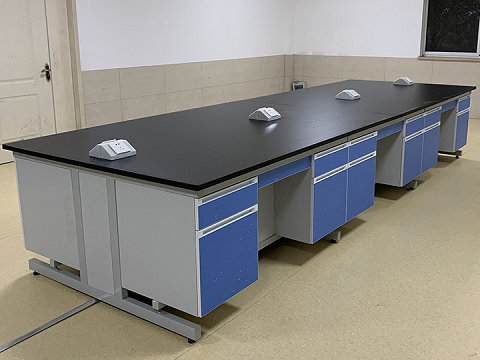
Laboraotry epoxy resin slabs

Marine edges countertop

Chemical resistant Epoxy resin sinks
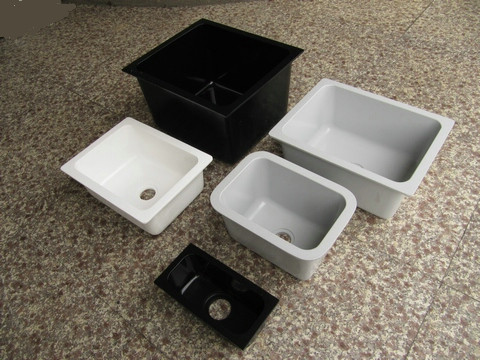
Shipping
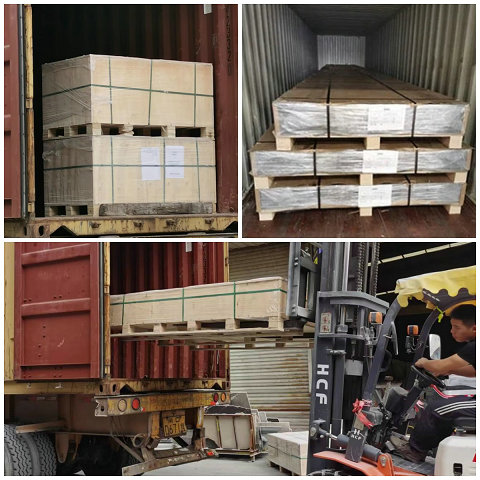
A Professional epoxy lab countertops supplier
